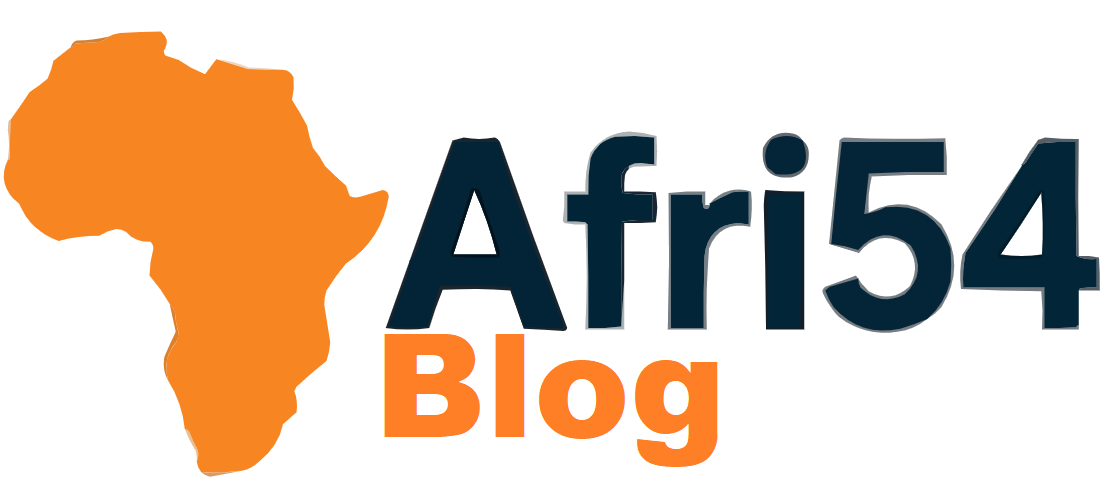President Ruto’s Address at UN General Assembly
When Japan invaded Manchuria, when Italy marched into Ethiopia, and when Hitler openly defied its rules, the League stood by, helpless and powerless. By the late 1930s, its credibility had collapsed, and with the outbreak of World War II, it was rendered irrelevant.
President William Ruto on Wednesday, September 24, 2025, delivered Kenya’s National Statement at the General Assembly Debate of the United Nations in New York. In his speech, Ruto called for the reform of the UN to reflect and address current global realities. At the same time, Ruto called for reform of the international financial system, arguing that its outdated rules punish vulnerable nations with debt and high costs while rewarding the already wealthy. Here is the complete speech:
“The President of the 80th Session of the UN General Assembly, Ms. Annalena Baerbock, Secretary-General of the United Nations, António Guterres, Excellencies, Heads of State and Government, Distinguished Delegates, Ladies, and Gentlemen,
- I congratulate you, Ms Annalena Baerbock, on your election to preside over the 80th Session of the UN General Assembly. Madam President, you can count on Kenya’s full support throughout your tenure as you steer the Assembly into the future.
- Ladies and gentlemen, 80 years ago, in the aftermath of unprecedented global destruction and devastating war, the international community came together in hope. They created this Organisation – the United Nations – as a shield against the horrors of war, as a platform for dialogue, and as a bridge to a better, fairer, more secure global community.
- What is often forgotten, or not mentioned today, is that the United Nations grew out of the failure of the League of Nations, which existed between 1919 and 1945.
- The League of Nations did not collapse for lack of good intentions or noble objectives. Formed at the end of the First World War, and as part of the Treaty of Versailles, it was humanity’s first attempt to build a permanent international organisation to stop aggression, end war, and bring nations together. Its ambitions were to achieve collective global security, disarmament, peaceful dispute resolution, and cooperation on humanitarian and social issues.
- Despite these ideals, the League of Nations faltered. The United States never joined; other great powers came and went, and without enforcement authority, its condemnations carried little weight.
When Japan invaded Manchuria, when Italy marched into Ethiopia, and when Hitler openly defied its rules, the League stood by, helpless and powerless. By the late 1930s, its credibility had collapsed, and with the outbreak of World War II, it was rendered irrelevant.
- Madam President, this history is both a lesson and a warning. Institutions rarely fail because they lack vision or ideals; more often, they drift into irrelevance when they do not adapt, when they hesitate to act, and when they lose legitimacy. To remain relevant, institutions must be re-imagined, reformed, renewed, and aligned with emerging realities.
- Eight decades ago, the founders of the UN sought to correct the failures of the League by creating a stronger, more inclusive organisation, anchored in the principle of “We the peoples of the United Nations, determined to save succeeding generations from the scourge of war”.
- Today, as we gather for the UN@80, the question is unavoidable: Is the United Nations relevant to the demands of our time? Can it continue to serve humanity in the face of current realities? Or has it become a relic of a bygone era?
- Madam President, Excellencies, we meet against a grim global backdrop. Conflict rages in Eastern Europe, the Middle East, the Sahel, the Horn of Africa, and Climate disasters grow fiercer by the year. Inequality deepens, pandemics loom, and technological disruption outpaces governance.
- Instead of trust, mistrust is spreading. Instead of solidarity, fragmentation is taking In place of hope, anxiety fills our global community. We are living, to borrow from the words of the founders of this institution, not in “larger freedom,” but in growing uncertainty.
- At this moment of turbulence, when we most need a strong United Nations, the organisation faces its deepest crisis in credibility and capacity. Funding cuts have paralysed its operations. Bureaucracy has slowed its response. The Security Council remains frozen in the post-war structures of 1945, unable to act inclusively, with fairness and with speed.
- Ladies and Gentlemen, I can, however, state with absolute conviction that the United Nations has been one of humanity’s greatest achievements. For eight decades, it has held back the spectre of global war, calmed conflicts from Cambodia to Liberia, and stood guard in some of the world’s most dangerous places through the courage of its peacekeepers. Few institutions in human history can claim such a legacy.
- The UN has stood at the frontlines of humanitarian crises: From famine relief in the Horn of Africa to emergency shelter for millions of Syrian and Ukrainian refugees. It was at the forefront in the eradication of smallpox, coordinated global responses to HIV/Aids, Ebola, and COVID-19, and continues to champion universal
- Its agencies have advanced women’s rights, protected children, safeguarded refugees, and set global norms on everything from disarmament to climate action. The UN’s Sustainable Development Goals remain a shared blueprint for human progress. These are achievements no nation could have accomplished alone, however rich or great.
- And yet, every institution, no matter how noble its origins or impactful its legacy, must adapt to changing times or slide into irrelevance. Today, the United Nations stands at a crossroads of renewal or decay.
- Put differently, after 80 years, the rhymes of time are calling on us to re-imagine the original promise that inspired the founding of the United Nations: the quest for global peace, development, and human rights. But this call must now be answered in a global context that is profoundly different from the post-war era in which the UN was
- We would be denying the cold, hard truth if we said that the United Nations is delivering as it should. On peace and security, its voice is too often drowned out by the rivalries of great powers, while some nations simply ignore its resolutions and do as they please. Too often, the UN’s Blue Helmet, once a symbol of moral authority, no longer commands the same respect. From the conflicts in Gaza and Ukraine to the crises in Sudan, DR Congo, Somalia, and the Sahel, we see actors proceed undeterred by the UN’s calls.
- Excellencies, Ladies and Gentlemen, Kenya speaks from the experience of a nation deeply invested in multilateralism. For decades, we have placed our troops and police in harm’s way for peacekeeping missions across Africa and beyond— from Somalia to the Democratic Republic of Congo; from South Sudan to, most recently, Haiti.
- Over the past 15 months, we are proud to have led the Multinational Security Support (MSS) mission in Haiti, not because it has been easy, but because solidarity is the essence of the United Nations.
- Madam President, the mandate of the MSS mission is coming to an end in a few days. As the lead nation, allow me to briefly share our experiences— the successes and the challenges— as both a cautionary tale and a living lesson about the strengths and weaknesses of the current global governance architecture.
Credit: Kenya Times News
Have you listed your business on Afri54?
Afri54 exists to solve a fundamental challenge faced by millions of African businesses: lack of visibility. Whether you're an automobile part seller in Lagos, a local attire manufacturer in Kigali, a coffee exporter in Addis Ababa, or a mobile phone supplier in Accra, you deserve to be seen.
👉 Join now




















